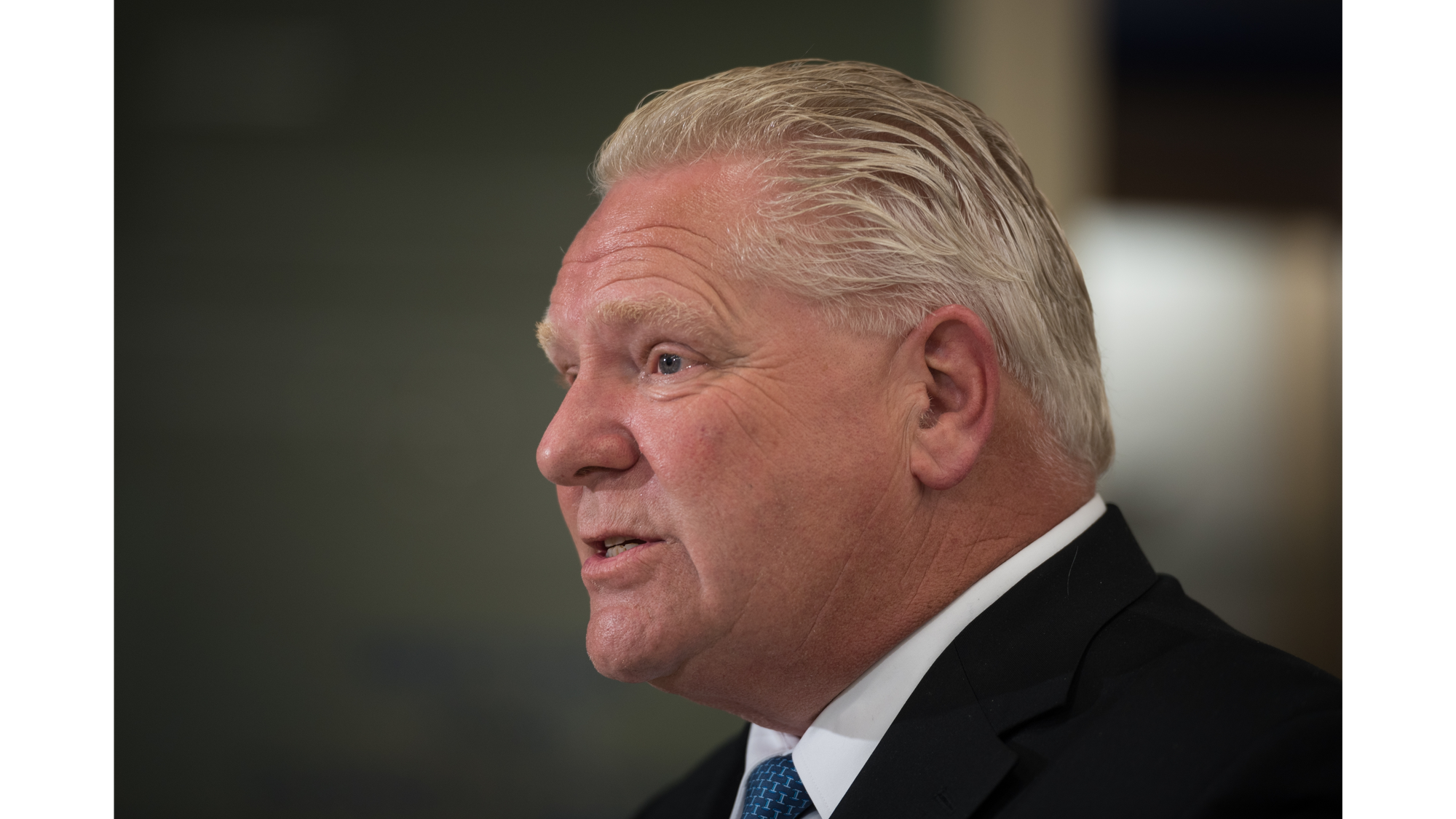Ontarians who have been looking for access to quicker health care might be getting their concerns answered after a move Monday by Ontario Premier Doug Ford.
“The status quo is no longer acceptable,” said Ford during an announcement Monday morning concerning the backlog of surgeries from the past year, a lot in part due to COVID.
Ford said his government has come up with a three-step plan that aims to decrease the wait times for important surgeries and operations.
Phase One will be that more surgical clinics in Ottawa, Kitchener-Waterloo, and Windsor have an additional 14,000 cataract operations being performed each year, encompassing about 25 per cent of the total population currently on the waiting list for a procedure.
Following that, the government said Monday that the next step will involve more private clinics being able to offer MRI and more CT imaging, as well as colonoscopies and endoscopies.
Lastly, the Progressive Conservative government said it will introduce a legislation in February that if passed, will allow existing community and diagnostic centers to conduct more MRI and CT scanning, so that people can access more publicly funded services faster that are much closer to home.
Starting in 2024, this step will expand surgeries for hip and knee replacements.
“Timely and convenient access to surgery and diagnostic imaging is critical to keeping people healthy,” said Sylvia Jones, Deputy Premier and Minister of Health.
Ford said he is also looking to invest more than $18 Million in existing centers to cover the care of thousands of patients, with several hours of MRI’s and CT Scans included.
Ford’s announcement was met with resistance by several critics, such as the CEO of the RANO Doris Grinspun, who said the move to include more for-profit clinics, “won’t make things better.”
“If you want to do clinics for specific surgeries, do them on a not-for-profit basis adjacent to hospitals,” said Grinspun in an interview with CBC.
One of the major concerns by critics is that Monday’s announcement could not only take nurses away from hospitals, but could also potentially put private-sector clinics in a position to drain government money, without improving patient care.
“Many months ago, we were consulted and shared our opinion that stand-alone surgical centers need to be connected to the hospital system to ensure continuity of care and patient safety,” said college registrar Dr. Nancy Whitmore in a statement on Friday.
Although Grinspun said, “nurses don’t grow on trees,” the amount of health care practitioners have certainly been plentiful as more than eight-thousand doctors have been registered, along with thirty-five thousand nurses are currently studying, further filling up the pipeline of upcoming healthcare workers.

